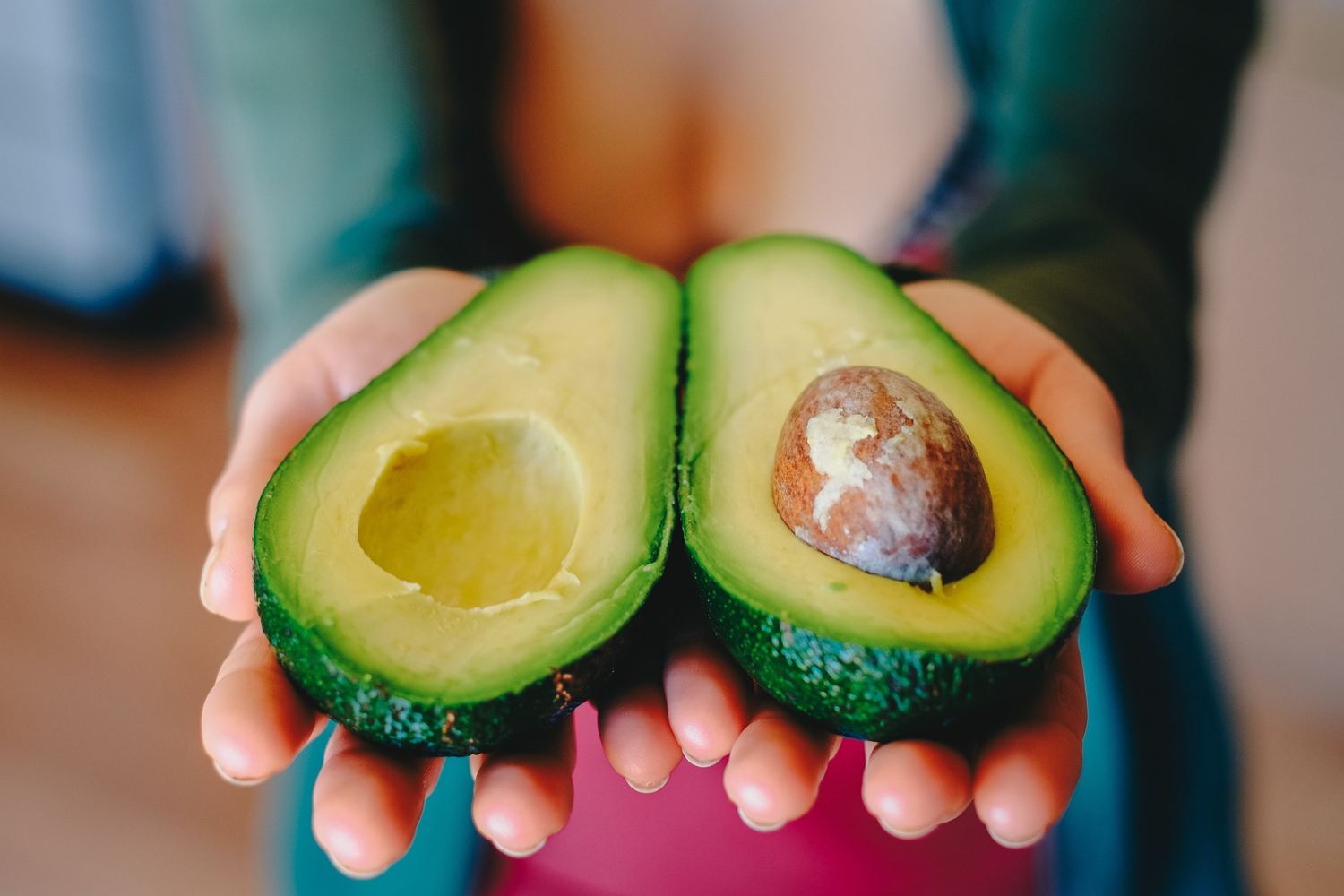The Avocado Debate: A Polarizing Fruit and Its Impact on Society

Image by coyot on Pixabay.
The avocado has soared to unprecedented heights of popularity, gracing the plates of toast enthusiasts and health-conscious individuals worldwide. But what are the overlooked consequences of our latest food obsession?
“The avocado has come to represent so much more than just a fruit. It’s wrapped up with ideas of generational conflict, environmental chaos and social injustice. Over the last century, through careful marketing, it has evolved into a commodity crop with a huge social media following,” says Honor May Eldridge, a food policy expert who works to promote sustainable agriculture around the world.
In her new book The Avocado Debate Eldridge explores the complexities of our modern food system through the lens of the avocado.
However, the book does not seek to vilify the avocado or its enthusiasts. Rather, it aims to educate consumers about the often-unseen ramifications of their choices, emphasizing that there are no simple answers in our globalized food system. Eldridge says, “Everything we eat has an impact – good and bad. We all just need to be more knowledgeable about those consequences so we can make more informed choices. We shouldn’t demonize the avocado.”
Journey to fame
Particularly in the last three decades, avocados have transcended their status from a regional crop to a ubiquitous phenomenon embraced by cafes, restaurants, homes, and social media platforms across the globe.
Eldridge delves into the history and transformation of this iconic fruit, exploring its journey from a staple food of indigenous communities to the plates of people worldwide. She unravels how carefully orchestrated decisions, starting from the colonial era to present-day marketing strategies, have shaped the humble avocado into a sought-after commodity crop.
The media frenzy around the avocado has led to extreme claims, portraying it as both a water-stealing villain and a superfood. Eldridge challenges these overblown narratives and calls for a nuanced understanding of avocado production and consumption. She emphasizes that the impact of avocados, like any other food, depends on how they are grown and produced.
Ethical and environmental challenges
The book explores the challenges faced by the avocado industry today, emphasizing the impact of irrigation, fertilizers, and pesticides on ecosystems and local communities. One of the most pressing concerns revolves around the expanding need for land, leading to widespread clearances that endanger crucial habitats and biodiversity.
It also addresses critical questions of equity and sustainability, exploring the connections between avocado production and land grabs, structural inequalities, and the influence of the Global North on the Global South. Eldridge raises important issues concerning the impact of large-scale export agriculture on local communities, while also highlighting the environmental repercussions of growing avocados in regions with a changing climate.
Eldridge also analyses certification schemes like Fairtrade and Organic, offering insights into their benefits and limitations. She cautions against simplistic solutions and urges readers to consider multiple factors when making food choices, acknowledging that affordability is a crucial aspect for many individuals.
Responsible consumption
The Avocado Debate is more than just a book about a single fruit; it serves as a window into understanding the intricacies of every food choice. From a pint of milk to a ribeye steak, every food product carries its set of consequences. By providing valuable information and encouraging critical thinking, it equips readers to navigate the complexities of our modern food landscape responsibly.
“My goal is to encourage readers to recognize the complexity of our food system and understand that no food is inherently ‘good’ or ‘bad’,” says Eldridge. “The debate needs to move beyond simplistic portrayals and embrace the intricate reality of our choices.”
The book should be of interest to anyone seeking to better understand the intricate trade-offs in their food choices. By fostering awareness and knowledge, it aims to empower individuals to make responsible and conscientious decisions about the foods they consume.